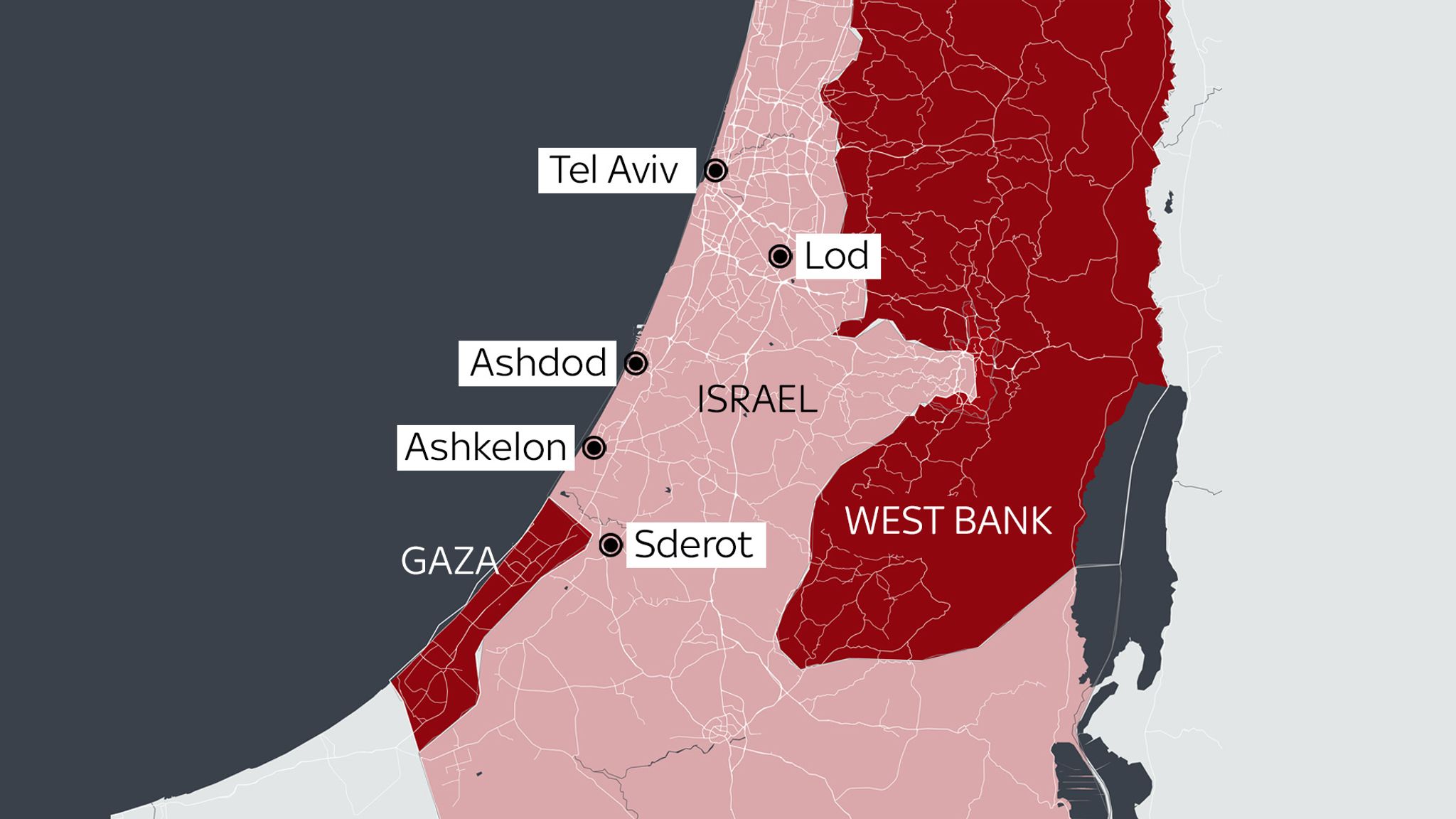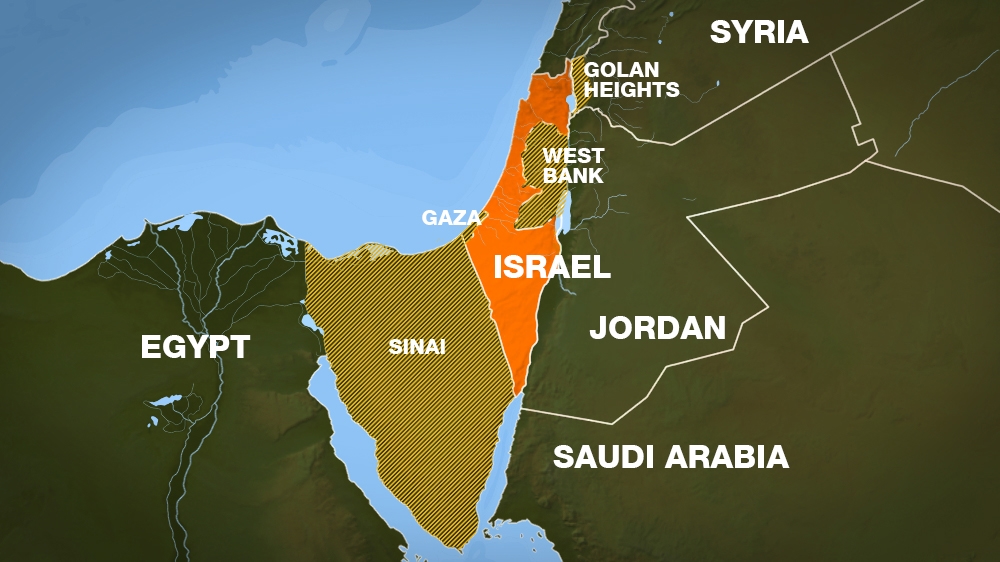Current Time in Israel

Israel observes Israel Standard Time (IST), which is two hours ahead of Coordinated Universal Time (UTC). This means that when it is 12:00 PM in Israel, it is 10:00 AM in UTC.
Time Zone in Israel
Israel uses the Israel Standard Time (IST) time zone, which is two hours ahead of Coordinated Universal Time (UTC).
Time Differences with Major Cities
Israel’s time zone differs from other major time zones around the world. Here’s a breakdown of the time difference:
- New York: Israel is 6 hours ahead of New York.
- London: Israel is 2 hours ahead of London.
- Tokyo: Israel is 5 hours behind Tokyo.
Current Time in Israel and Major Cities
The following table displays the current time in Israel alongside the current time in major cities worldwide:
| City | Time Zone | Current Time |
|---|---|---|
| Tel Aviv, Israel | IST (UTC+2) | Current Time in Tel Aviv |
| New York, USA | EST (UTC-5) | Current Time in New York |
| London, UK | GMT (UTC) | Current Time in London |
| Tokyo, Japan | JST (UTC+9) | Current Time in Tokyo |
Daylight Saving Time in Israel

Israel observes Daylight Saving Time (DST) annually, adjusting its clocks forward by one hour during the warmer months. This practice aims to maximize daylight hours during the summer, conserving energy and enhancing public safety.
Dates for Daylight Saving Time
The dates for Daylight Saving Time in Israel are determined by the Hebrew calendar, ensuring alignment with religious holidays. The time change typically occurs on the Friday night before the last Shabbat in March, when clocks are moved forward by one hour. Conversely, the transition back to standard time occurs on the Friday night before the last Shabbat in October, when clocks are set back by one hour.
Time Difference During Daylight Saving Time, Israel time right now
During Daylight Saving Time, Israel’s time zone is UTC+3, which is two hours ahead of Greenwich Mean Time (GMT). This means that during DST, Israel is three hours ahead of London, four hours ahead of New York City, and seven hours ahead of Los Angeles.
Time Difference During Daylight Saving Time Compared to Other Time Zones
The following table illustrates the time difference between Israel during Daylight Saving Time and other major time zones:
| Time Zone | Time Difference (DST) |
|---|---|
| Greenwich Mean Time (GMT) | +2 hours |
| Eastern Time (ET) | +6 hours |
| Central Time (CT) | +5 hours |
| Mountain Time (MT) | +4 hours |
| Pacific Time (PT) | +3 hours |
Time-Related Activities in Israel: Israel Time Right Now

Time in Israel is deeply intertwined with its rich cultural and religious tapestry. From the daily rhythms of life to significant religious observances, time plays a pivotal role in shaping the Israeli experience. This section explores the unique time-related activities that are deeply rooted in Israel’s history and traditions.
Religious Observances and Time
The Jewish calendar, a lunar calendar with intercalary months, dictates the timing of significant religious observances in Israel. These observances, such as Shabbat (the Sabbath), Passover, and Rosh Hashanah, influence daily life, business hours, and social interactions.
- Shabbat: This weekly day of rest begins at sunset on Friday and ends at nightfall on Saturday. During Shabbat, many businesses and public transportation services are closed, and people gather with their families for traditional meals and prayer. This observance is central to Jewish life and emphasizes the importance of family and community.
- Passover: This eight-day festival commemorates the Israelites’ exodus from Egypt. It is celebrated in the spring, with a special Seder meal that includes symbolic foods and the reading of the Haggadah, a text that recounts the story of the exodus.
- Rosh Hashanah: The Jewish New Year, Rosh Hashanah, is celebrated in the fall and marks the beginning of the Ten Days of Repentance, culminating in Yom Kippur, the Day of Atonement. During this time, Jews reflect on their actions and seek forgiveness.
Time-Related Events in Israeli History
Israel’s history is marked by significant events that have shaped its identity and trajectory. These events are often tied to specific times and have left an indelible mark on the nation’s collective memory.
- Declaration of Independence (1948): At 4:00 PM on May 14, 1948, David Ben-Gurion, the first Prime Minister of Israel, declared the establishment of the State of Israel. This event marked the culmination of decades of Zionist aspirations and the beginning of a new chapter in Jewish history.
- Six-Day War (1967): This war, which lasted for six days in June 1967, resulted in Israel’s victory over Egypt, Syria, and Jordan. It led to the expansion of Israeli territory and the occupation of the West Bank, Gaza Strip, Golan Heights, and Sinai Peninsula.
- Yom Kippur War (1973): This surprise attack by Egypt and Syria on Yom Kippur, the holiest day in the Jewish calendar, resulted in a costly war for Israel. The war led to significant changes in Israeli military strategy and a renewed sense of vulnerability.
Time and the Israeli Economy
The Israeli economy operates on a 24/7 schedule, with many businesses and services operating around the clock. However, there are certain time-related factors that influence economic activity.
- Shabbat: As mentioned earlier, Shabbat observance leads to a significant slowdown in economic activity, with many businesses closed.
- Holidays: Major Jewish holidays, such as Passover and Rosh Hashanah, also impact business operations and can lead to temporary closures or reduced hours.
- Global Markets: Israel’s economy is closely linked to global markets, and the timing of events in other countries can affect economic activity in Israel.
